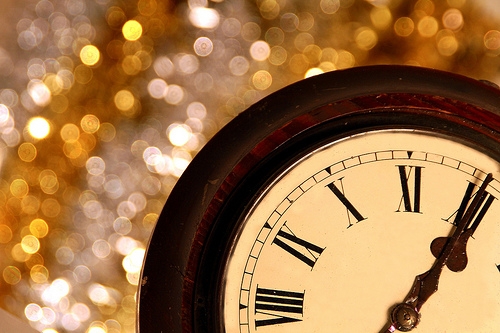Snacks for Healthy Teeth
January 19th, 2016

Concerned parents often ask Dr. Guijon about which kinds of snacks are best for a child's teeth. While most know that candy isn't always the best choice, many parents are confused about which kinds of after-school snacks can actually be beneficial for teeth. Left to their own devices, children might pick the sugary snack that comes in colorful packaging. There are, however, choices that are much better for your child's teeth.
Go Natural
The foods that are best for your children's teeth are also the best for their overall health. Choosing whole foods, such as fruits and vegetables, is always the best option for snacks. Try sticks of celery and let your kids dip it into all-natural peanut butter, or a juicy and crunchy apple cut into wedges.
Lean Proteins
Lean protein, such as chicken breast, fish, turkey, and lean cuts of pork also make good snacking options. For the best overall health, avoid giving your child a lot of lunch meats, because such products are often higher in sodium. However, these proteins are also low in sugar, which is always a preferable choice when it comes to teeth.
Avoid Packaged Foods
Sugars are unhealthy partly because they stick more readily to the surface of the teeth. Even foods that appear to be healthy, such as many brands of granola bars, can in fact be loaded with hidden sugars. Sugar can also be found in higher concentrations in dried fruit, honey, and syrups. The rule is that if a foodstuff has been altered in any way from its original state then there are perhaps better choices.
Beverages
Drinks are another murky area. Parents often presume that fruit juices are an acceptable beverage when in reality many of them are loaded with excessive sugar as well. The best beverages for your child's teeth are water and low-fat milk. Milk has the added benefit of containing calcium, which is highly beneficial for the bone structure that supports the teeth.
An apple a day might keep the doctor away, but it is also a great snack to keep teeth healthy. The next time your children are looking for an after-school snack, guide them toward healthier, low-sugar options that are beneficial to their overall health and their teeth.




